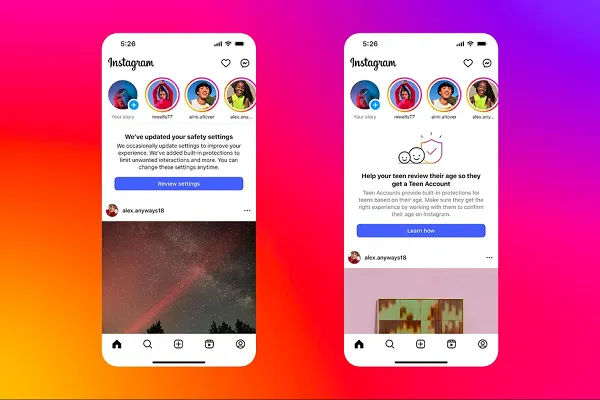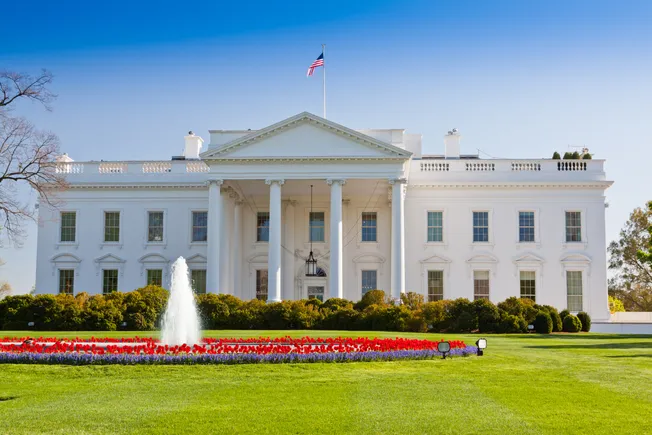Salesforce unveils generative AI tools for marketing and commerce
Marketing GPT and Commerce GPT seek to fuel advertising and shopping experiences.

Salesforce today launched two tools for brands that hinge on the power of generative AI technology. Marketing GPT will seek to help brands deliver advertisements to consumers, and Commerce GPT will focus on customizing and unifying brands’ shopping experiences.
The tools were unveiled at Salesforce’s annual Connections conference. Both solutions, in addition to an expanded partnership with Google that was also announced today, see Salesforce wedding its data cloud with AI capabilities.
Marketing GPT caters to internal processes relating to ad creation and data analysis. Customers can design audience segments quickly via AI prompting, as well as connect various data to form more comprehensive views of audience engagement. Salesforce also touts the tool's ability to personalize emails and create visual assets via its integration with Typeface, an AI-focused startup.
For retail-focused customers, Commerce GPT can help deliver outcomes through a process of goal-setting and recommending actions. The tool is also capable of automatically filling in missing catalog data for merchants, generating product descriptions and assisting with product discovery through interacting with consumers.
Although promoted as a “GPT” tool, Marketing GPT and Commerce GPT are not built on the same foundation as ChatGPT. GPT stands for “generative pre-trained transformer,” and is a type of large language model (LLM) developed by OpenAI. However, Salesforce's new tools can indeed leverage ChatGPT, as well as other LLMs. Earlier this year, Salesforce established a formal partnership with OpenAI upon the launch of Einstein GPT, a CRM-focused generative AI solution.
The expansion of Salesforce's partnership with Google further aims to drive the creation of better consumer experiences for clients. Using two of Google’s AI-powered products, and Salesforce’s CRM software, businesses can improve their ability to predict the wants and needs of consumers, while reducing cost and complexity.
Salesforce has launched these efforts to meet marketers’ growing demand for AI solutions. Roughly 60% of marketers say that generative AI will transform their role, and 71% believe it will enable them to focus on more strategic work, according to a new study conducted by Salesforce. Agencies are also getting in on the action: just last week, WPP launched a generative AI ad platform with Nvidia, and The Brandtech Group acquired Jellyfish to explore new technological applications such as AI.
Despite this interest, some marketers are worried that the AI race may be developing too quickly. A lack of federal regulation has sparked issues around copyright and data privacy. The Association of National Advertisers, for this reason, rolled out a new guideline encouraging agencies to receive prior consent from clients before using AI in their work.
This apprehension reflects a wider concern from technologists that AI is growing too rapidly. In March, more than 1,000 tech leaders and researchers—including Elon Musk—called for a pause on AI development. Another 350 experts, including OpenAI’s CEO Sam Altman, signed an open letter last week that warned about the extinction-level risks that AI poses to humanity.
Altman has spearheaded efforts to get the ball rolling on regulation; he appeared before Congress last month urging action and has been vocal in the public about the importance of tamping down AI over-development. But in spite of the lip service, he has yet to make any business concessions of his own. The same week he testified in front of Congress, OpenAI launched an official ChatGPT app on the App Store. He has also reportedly bristled at early drafts of regulation coming out of the EU, complaining the policies are too extreme, according to Reuters.

 Hollif
Hollif 












.png&h=630&w=1200&q=100&v=d875a2a4b8&c=1)


















